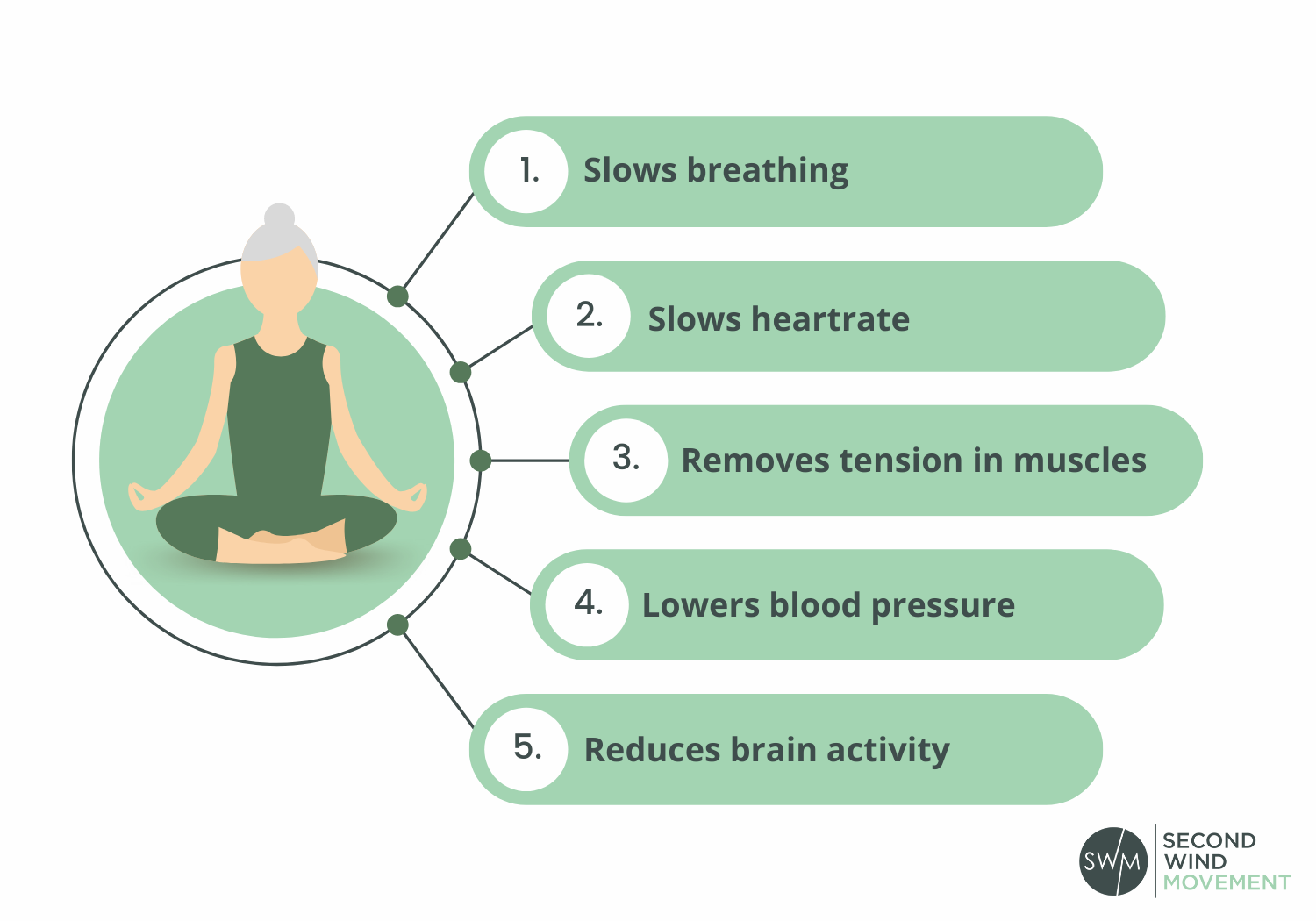The Healing Power of Mindfulness on Mental Health
In today’s fast-paced world, where constant connectivity is the norm, mental health is of utmost importance. In the midst of our hectic schedules, an increasing number of individuals are turning to mindfulness and meditation as potent tools to boost their psychological well-being. This piece delves into the profound mental health benefits that come with integrating mindfulness and meditation practices into daily life.
Exploring Mental Health
Mental health is a multifaceted aspect of overall well-being, encompassing feelings, psychological, and social components. The challenges posed by modern life, such as stress, anxiety, and depression, have prompted many to seek holistic approaches to nurture psychological health. Enter mindfulness and meditation – promising avenues for cultivating a positive mind.
Unpacking Mindfulness
Mindfulness, rooted in ancient contemplative practices, involves directing one’s focus to the present moment without passing judgment. It encourages individuals to observe their thoughts and feelings with interest and acceptance. This non-judgmental awareness can have profound effects on mental health, breaking the cycle of negative thinking and fostering clarity.
Research has shown that regular mindfulness practice can reduce symptoms of anxiety and depression. By developing heightened awareness of the present moment, individuals can distance themselves from negative thought patterns, contributing to better mental well-being. Mindfulness equips individuals with tools to navigate challenging emotions and stressors more effectively.
Meditation’s Healing Effects
Meditation, often associated with mindfulness, encompasses various practices aimed at promoting relaxation, concentration, and self-awareness. Regular meditation has been linked to improvements in mental health by reducing symptoms of anxiety and depression and enhancing overall well-being.
One of the key ways meditation contributes to mental health is by affecting the brain. Neuroscientific studies have demonstrated that meditation can lead to structural changes in the brain, particularly in areas associated with self-awareness, compassion, and emotional regulation. These changes may contribute to observed improvements in mood and overall mental health.
Stress Reduction and Mind-Body Connection
One of the primary drivers of mental health challenges is stress. Mindfulness and meditation are potent tools for stress reduction, activating the relaxation response and counteracting the physiological effects of stress on the body. Engaging in mindfulness and meditation can lower cortisol levels, decrease heart rate, and induce a profound sense of calm.
Moreover, mindfulness emphasizes the mind-body connection, recognizing that mental and physical health are intertwined. Through practices like mindful breathing and body scan meditations, individuals can develop heightened awareness of bodily sensations, promoting a mental health sense of grounding and reducing the impact of stress on both the mind and body.

Building Resilience and Emotional Regulation
Mindfulness and meditation empower individuals to build resilience in the face of life’s challenges. By cultivating a non-reactive awareness, individuals can respond to stressors with greater emotional regulation and equanimity. This enhanced ability to navigate difficult emotions contributes to sustained mental health benefits.
Incorporating Mindfulness and Meditation into Daily Life
To harness the mental health benefits of mindfulness and meditation, it is essential to integrate these practices into daily life. Establishing a consistent routine, even if only for a few minutes each day, can lead to significant positive changes over time. Many find it helpful to start with guided meditations or mindfulness apps that provide structured support.
Wrapping It Up:
In the pursuit of mental well-being, the practices of mindfulness and meditation offer a transformative and accessible path. These ancient techniques, backed by modern scientific research, empower individuals to cultivate heightened awareness of the present moment, reduce stress, and enhance emotional well-being. As the world continues to grapple with the complexities of modern life, the integration of mindfulness and meditation into daily routines represents a meaningful step to mental health and overall flourishing.